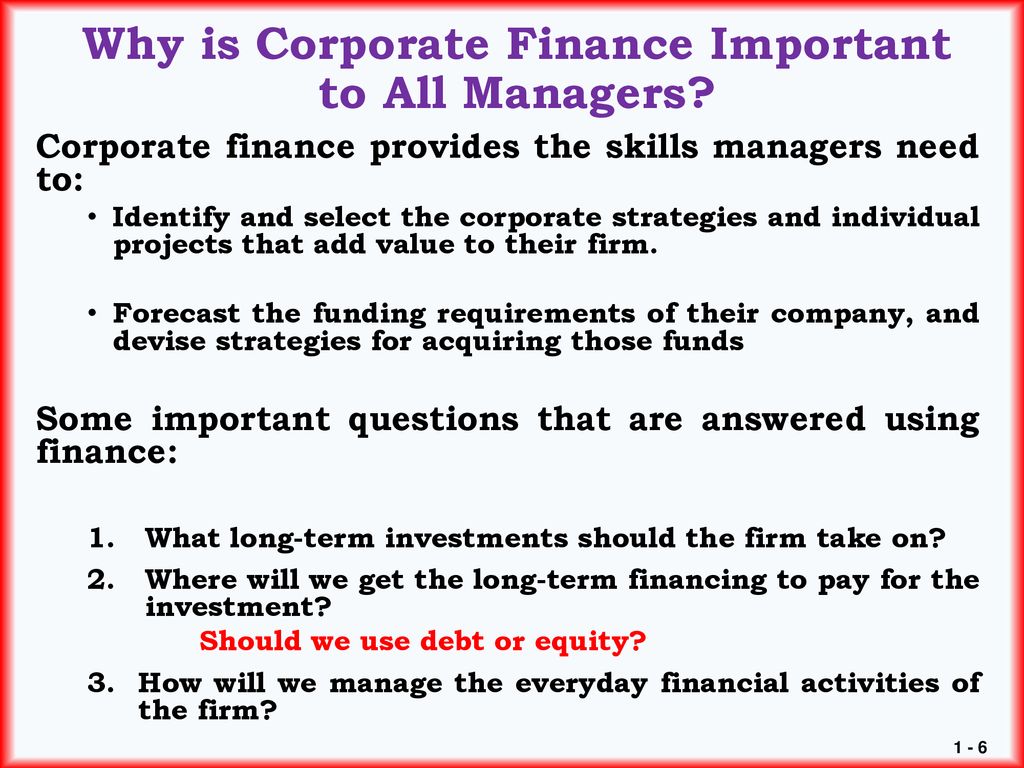Table of Contents5 Simple Techniques For How To Calculate Nominal Rate On Treasury Bond Intro To FinanceUnknown Facts About What Is Principle In Finance BondThe Ultimate Guide To How Do I Calculate The Yield To Maturity Of A Bond Using Business Finance OnlineThe Buzz on What Type Of Bond Offering To Finance Capital Expenditures
Typically they are bonds that are judged by the score firm as likely adequate to fulfill payment obligations; banks are hence allowed to invest in them. "": Credit scores are utilized to report on the credit worthiness of a bond providing company or federal government A bond is considered investment-grade, or IG, if its credit ranking is BBB- or higher by Requirement & Poor's, or Baa3 or greater by Moody's, or BBB( low) or higher by DBRS (how to add bond holdings to yahoo finance portfolio).
Junk bonds are likewise called high- yield bonds. These are bonds that are ranked listed below investment grade by the credit score companies. As these bonds are more dangerous than investment grade bonds, investors anticipate them to make a greater yield. The threshold in between investment-grade and speculative-grade rankings has crucial market ramifications for companies' borrowing costs.
The difference in between rates for superior federal government bonds and investment-grade bonds is called "investment-grade spread." The variety of this spread is an indicator of the marketplace's belief in the stability of the economy. The greater these investment-grade spreads (or run the risk of premiums) are, the weaker the economy is thought about. Till the early 1970s, bond credit ratings companies were paid for their work by investors who wanted impartial information on the credit merit of securities issuers and their particular offerings.
Securities companies have been implicated of "shopping" for the best rankings from S&P, Moody's, and Fitch, in order to attract investors, till at least one of the agencies delivers favorable ratings.
Bonds have some advantages over stocks, including relatively low volatility, high liquidity, legal protection, and a variety of term structures. Talk about the benefits of owning a bond Bonds are a debt security under which the issuer owes the holders a financial obligation and, depending upon the terms of the bond, is required to latonya martin pay them interest (the voucher) and or pay back the principal at a later date, which is termed the maturity. what is the term of a bond in finance.
Hence bonds are generally viewed as more secure financial investments than stocks. Bonds are often liquid it is frequently relatively simple for an organization to sell a big amount of bonds without impacting the price much. Shareholders likewise take pleasure in a procedure of legal security: under the law of most nations, if a business declares bankruptcy, its shareholders will frequently receive some cash back (the recovery quantity).
: A convertible bond is a kind of bond that the holder can convert into shares http://ableigx9c3.booklikes.com/post/3109932/what-is-principle-in-finance-bond-fundamentals-explained of typical stock in the releasing company or cash of equivalent value, at an agreed-upon price.: A zero-coupon bond (likewise called a discount rate bond or deep discount rate bond) is a bond purchased a price lower than its face worth, with the stated value paid back at the time of maturity.
Not known Incorrect Statements About Healthcare Finance What Is Municipal Bond
They are therefore created to cut out the inflation danger of a financial investment. In finance, a bond is an instrument of insolvency of the bond company to the holders. It is a financial obligation security under which the provider owes the holders a debt and, depending on the terms of the bond, is obliged to pay them interest (the coupon).
Interest is normally payable at set periods (semiannual, annual, and often monthly). Extremely often the bond is negotiable; in other words, the ownership of the instrument can be transferred in the secondary market.: A bond is an instrument of insolvency of the bond provider to the holders. It is a debt security under which the company owes the holders a debt and, depending upon the regards to the bond, is required to pay them interest (the discount coupon).
Bonds are bought and traded mainly by organizations like central banks, sovereign wealth funds, pension funds, insurance provider, hedge funds, and banks. Insurance provider and pension funds have liabilities, which essentially include repaired quantities payable on fixed dates. They purchase the bonds to match their liabilities and may be compelled by law to do this.
Still, in the U.S., almost 10% of all outstanding bonds are held straight by households. Bonds have a clear advantage over other securities. The volatility of bonds (especially brief and medium outdated bonds) is lower than that of equities (stocks). Thus bonds are generally deemed much safer investments than stocks.
Bonds are frequently liquid. It is often fairly easy for an institution to offer a large amount of bonds without affecting the cost much, which might be more hard for equities. In impact, bonds are attractive since of the relative certainty of a set interest payment two times a year and a fixed lump sum at maturity.

Moreover, bonds come with indentures (an indenture is an official debt contract that develops the regards to a bond issue) and covenants (the provisions of such an arrangement). Covenants define the rights of shareholders and the responsibilities of providers, such as actions that the company is bound to perform or is prohibited from carrying out.
Bonds go through threats such as the rates of interest danger, prepayment danger, credit risk, reinvestment risk, and liquidity threat. Go over the disadvantages of owning a bond A bond is an instrument of insolvency of the bond provider to the holders. It is a debt security under which the provider owes the holders a debt and, depending on the terms of the bond, is required to pay them interest and possibly repay the principal at a later date, which is called the maturity.
Excitement About How Interest Rate On A Bond Determined Project Finance
Bonds are likewise based on different other threats such as call and prepayment danger, credit danger, reinvestment danger, liquidity risk, occasion danger, currency exchange rate risk, volatility risk, inflation danger, sovereign threat, and yield curve danger. A business's bondholders might lose much or all their cash if the company goes bankrupt.

Some bonds are callable. This develops reinvestment threat, indicating the financier is forced to discover a brand-new place for his cash. As a consequence, the investor may not have the ability to discover as good a deal, specifically because this generally occurs when interest rates are falling.: The reinvestment threat is the possibility that the financier might be forced to discover a brand-new place for his money.
: The exchange rate risk is a financial danger posed by a direct exposure to unexpected modifications in the currency exchange rate between two currencies. A bond is a debt owed by the enterprise to the shareholder. Business bonds are generally released in systems of 1,000 dollars. Shareholders get routine interest on their financial investment, depending upon the terms of the bond.
Nevertheless, bonds have certain disadvantages.: A bond is a debt owned by the business to the bondholder. Repaired rate bonds are subject to rates of interest risk, meaning that their market costs will reduce in value when the normally prevailing interest rates increase. Since the payments are repaired, a reduction in the market price of the bond means a boost in its yield.
Bonds are also subject to various other threats such as call and prepayment risk, credit threat, reinvestment risk, liquidity danger, event threat, currency exchange rate threat, volatility danger, inflation threat, sovereign risk, and yield curve risk. Price changes in a bond will immediately affect mutual funds that hold these bonds. If the worth of the bonds in a trading portfolio falls, the worth of the portfolio likewise falls.
If there is any chance a holder of individual bonds might need to offer his bonds and "squander", the rate of interest risk could end up being a real problem. Bond costs can end up being unstable depending upon the credit rating of the provider for instance if credit ranking firms like Standard and Poor's and Moody's upgrade or downgrade the credit rating of the issuer.
Just like rate of interest threat, this threat does not affect the bond's interest payments (provided the issuer does not in fact default), however puts at threat the marketplace rate, which affects mutual funds holding these bonds, and holders of individual bonds who might have to sell them. what is a finance bond. A business's shareholders might lose much or all their cash if the company declares bankruptcy.
What Is The Coupon Bond Formula In Finance Fundamentals Explained
Bank lending institutions, deposit holders (in the case of a deposit taking institution such as a bank) and trade lenders might take precedence. There is no guarantee of how much cash will remain to repay shareholders. In a personal bankruptcy including reorganization or recapitalization, rather than liquidation, bondholders may end up having the worth of their bonds minimized, frequently through an exchange for a smaller number of recently released bonds.